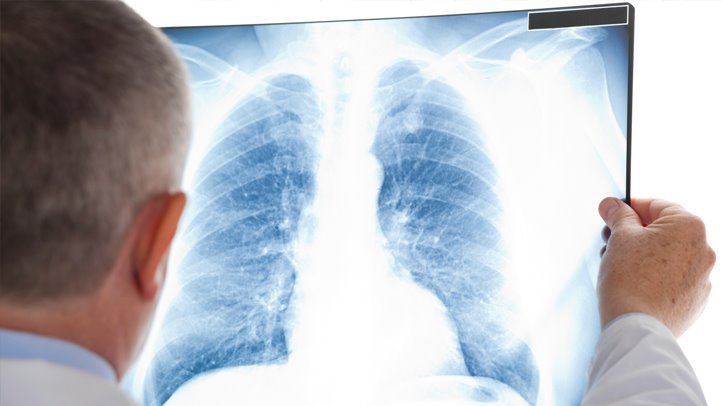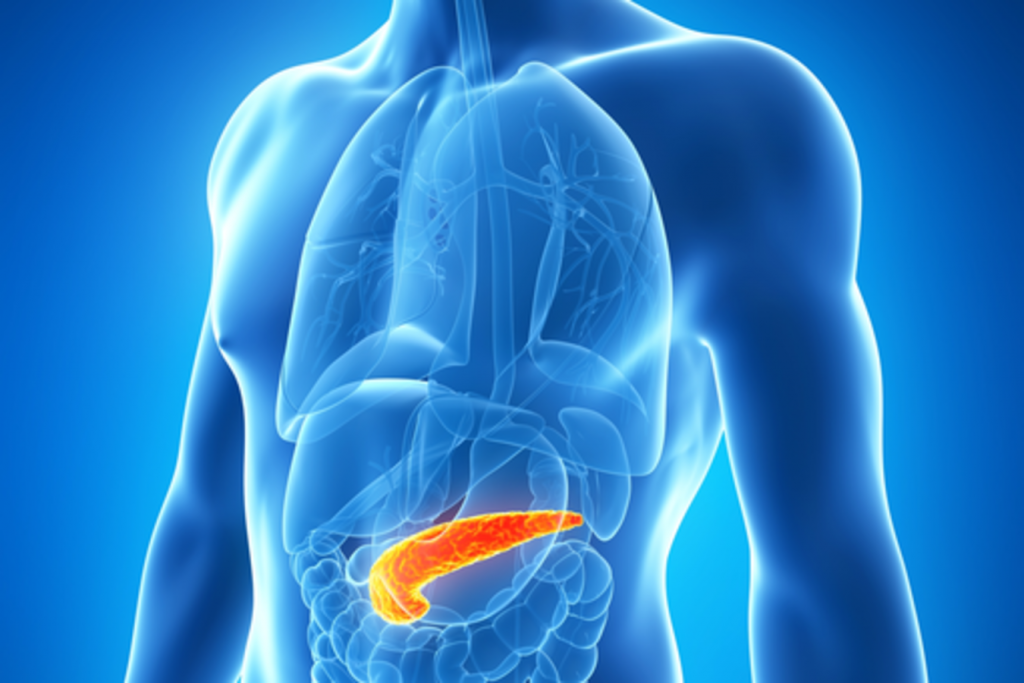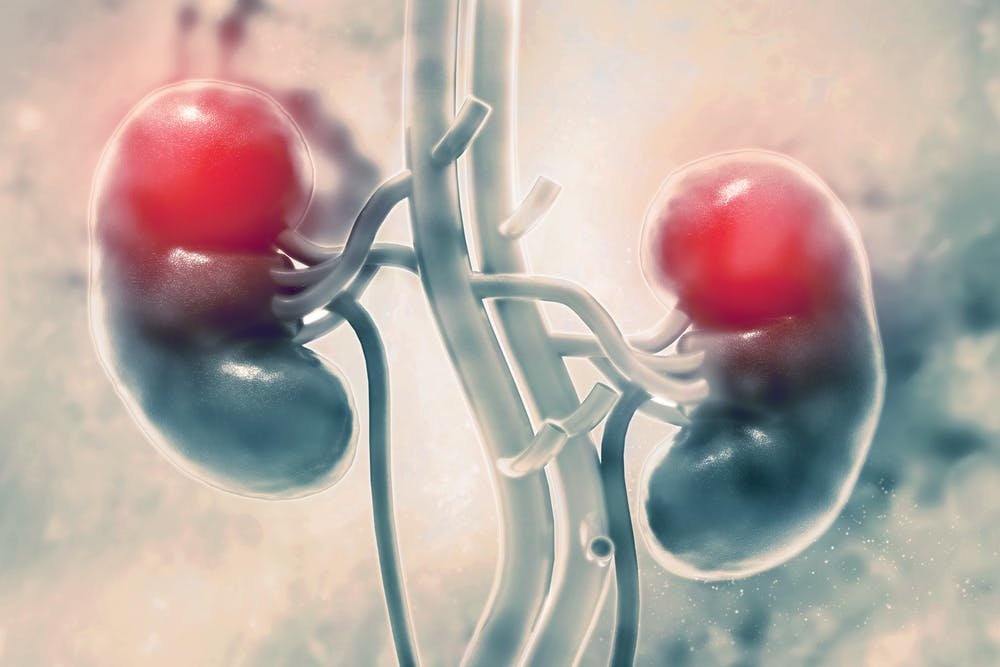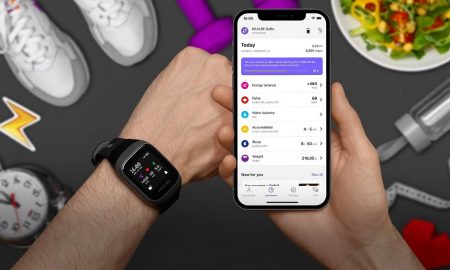
Did You Know You Can Live Without These Seven Organs?

You’re probably shocked by what you just read but you heard us correctly: you CAN survive without a few of your internal organs. In an ideal world, we’d all like to keep our organs to ourselves but if you ever feel generous and want to give one away, there are a few that you can totally live without. Want to find out which ones? Keep on reading.
Lung (Just One, Though)

Breathing is critical for survival and we need lungs to inhale and exhale air. But you don’t require both of these organs for survival. In some cases, when one of the lungs lung gets infected with a disease or develops cancer, doctors can remove the entire organ and patient is still able to breathe with the remaining lung, even though breathing becomes more laborious as the patient loses one-third of the volume of air which can be inhaled or exhaled in a second.
Colon
People who suffer from colorectal cancer or a bowel infection may have their entire large intestine removed, and depending on the severity of the condition, the doctor may decide to remove the rectum along with the colon. In such cases, the small intestine is attached to a synthetic pouch which either connects to the anus so the patient can defecate as normal or empties in an external bag. People who have their colon removed can go on with their lives as normally as they used to. However, they must change their diets to prevent diarrhea which can create complications.
Reproductive Organs
You may require reproductive organs for starting a family but you don’t necessarily need them for survival. One research found out that most women who have undergone hysterectomy don’t notice any changes in their love lives. Men who have had one of their reproductive organs removed due to prostate cancer or any other disease, can continue with their lives as normally as possible since only one organ is enough for the production of testosterone.
Bladder
Your bladder is another one of those organs in your body that you can live without. People who suffer from bladder cancer or a rare neurological condition, in which patients are unable to control their bladder, usually have their organ removed and replaced by a ‘neobladder’ which diverts the urine into a pouch that can be drained manually using a tube or into an external pouch. The neobladder needs to be emptied every few hours so the patient must set reminders to drain the urine from the bag once it’s full.
Gallbladder

Adopting a low-fat diet is life-saving for people who lack their gallbladder
Whenever you eat fatty foods, your liver breaks down the fats and stores it in the gallbladder as bile, but you don’t necessarily need the gallbladder to digest your meals. People who have their gallbladder removed, don’t notice a difference as long as they take proper care of their diet and don’t eat too many greasy foods. One of the most common reasons for the removal of Gallbladder is the formation of gallstones, a condition that can easily be avoided by eating certain super foods.
Stomach
This is probably the most surprising organ on the list, but one that we don’t necessarily need to digest our food. In cases where patients develop aggressive stomach cancer, doctors may remove some part or all of it and attach the esophagus to the small intestine directly. After the removal of their stomach, patients are only able to eat small portions of food, due to inadequate storage space in their bodies. Moreover, they should also avoid certain foods which have the tendency to pass through the small intestine too quickly, causing dizziness and boating followed by a painful trip to the toilet.
One Kidney

Kidneys are the organs our body uses to filter waste products directly from our blood
Kidney is one of the most vital organs in our body which is crucial for filtering out blood plasma and reabsorbing any vital nutrients which might otherwise by excreted from the body. Fortunately, we have an identical set of kidneys, which makes it easier for us to let go of one and still be able to survive. Doctors say that healthy individuals with low risk of diabetes can easily live with one kidney, which is more than enough to process waste efficiently.
More in Motivation
-
`
Coping With Traumatic Stress Reactions – PTSD
Post-Traumatic Stress Disorder (PTSD) is a complex mental health condition that sometimes develops in the aftermath of a traumatic event. It affects...
November 19, 2023 -
`
Is Swimming in Cold Water Good for You?
Swimming is a beloved activity that provides numerous physical and mental health benefits. Swimming can be a fantastic workout, whether you’re...
November 15, 2023 -
`
Unlocking the True Benefits of Detox Water
Detox water has taken the health and wellness world by storm, promising a wide range of benefits that go beyond ordinary...
November 7, 2023 -
`
How Tom Brady Shed 10 lbs After Retirement
One of the NFL’s most celebrated athletes, Tom Brady, has always been a topic of discussion. Brady never fails to surprise,...
November 1, 2023 -
`
AI’s Hidden Toll on Our Brains
Artificial Intelligence (AI) has permeated almost every facet of our lives, from virtual assistants and recommendation algorithms to autonomous vehicles and...
October 24, 2023 -
`
What to Drink During a Workout
When it comes to getting the most out of your workout, proper hydration is key. What you drink during exercise can...
October 17, 2023 -
`
Wearable Technology Applications in Healthcare
The world of healthcare is evolving at an unprecedented pace, and wearable technology is one of the driving forces behind this...
October 10, 2023 -
`
Initiating and Integrating Exercise in Daily Life
Incorporating exercise into our daily lives is essential for maintaining optimal health and well-being. However, initiating a fitness routine and seamlessly...
October 10, 2023 -
`
Jason Momoa’s Workout Routine for Iconic Aquaman Look
We all remember the moment: The big screen lights up, waves crash, and out emerges Jason Momoa as Aquaman, with his...
October 8, 2023















You must be logged in to post a comment Login